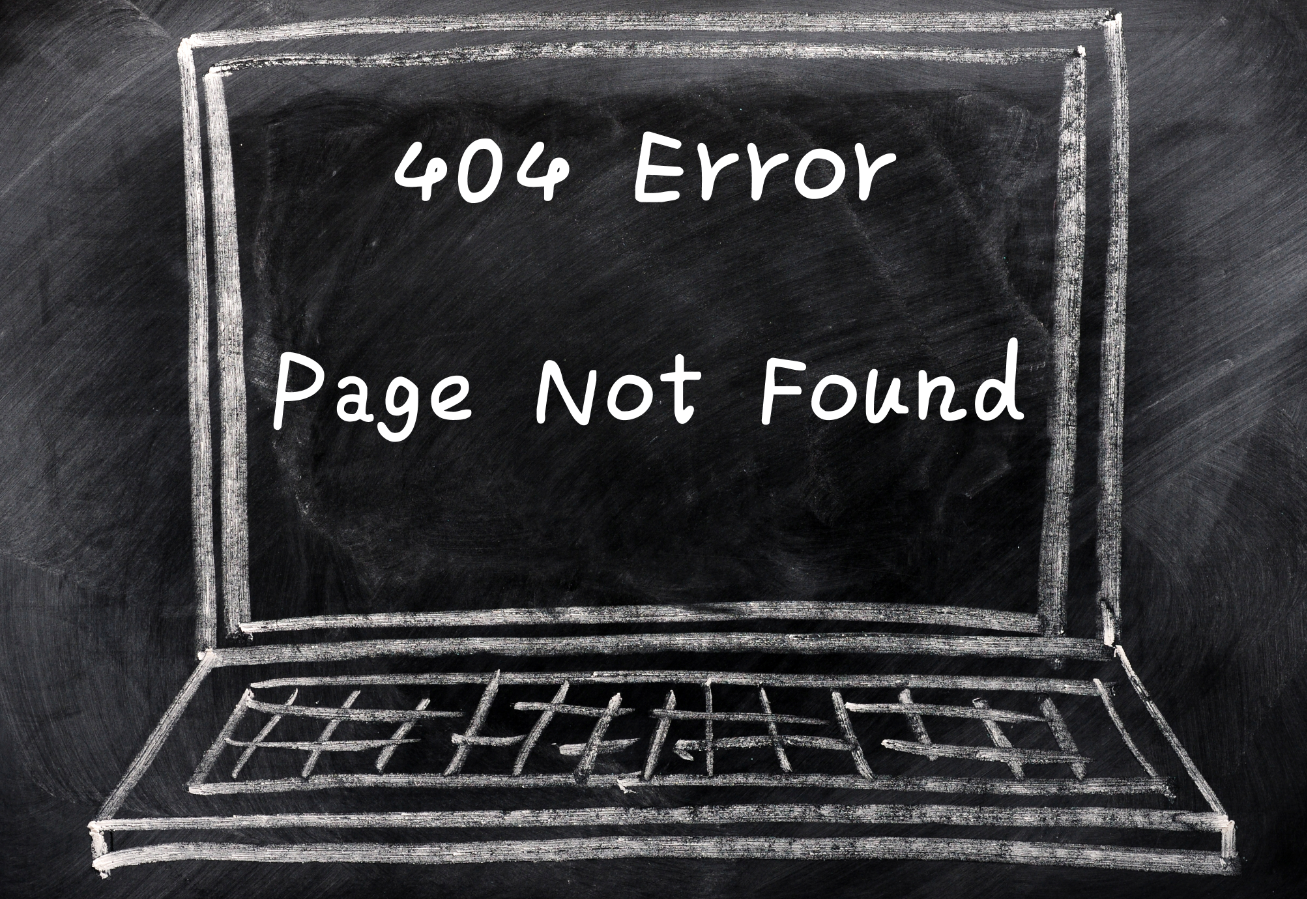In last week’s blog we alerted readers to the first of the two types of anomaly that ‘designated persons’ are obliged to notify to the relevant registration authority:
- A discrepancy – there is an error on the Beneficial ownership Register; or
- Non-compliance – the Beneficial Ownership details on the register are blank (we believe this to be the case for approximately 20% of obliged entities).
This week we explain what to do if you uncover non-compliance. Having appointed an RBO Liaison Officer – (see last week’s blog for the detailed steps to do this using a BEN3A Form), then the non-compliance can be reported to the Registrar of Beneficial Ownership using Form NCN.
A Non-Compliance Notice (Form NCN) is where, having searched for the beneficial ownership details of a particular entity, the person searching has found that no beneficial ownership details have been filed, and is then obliged to formally notify the Registrar that the entity in question appears to have failed to file the correct information with the RBO in accordance with Regulations 20 and 21 of SI 110/2019. Form NCN may be downloaded from the RBO website at the link given here.
Only a ‘designated person’ as defined in Section 25, Criminal Justice (Money Laundering & Terrorist Financing) Act, 2010 (as amended), is entitled to report a discrepancy to the Registrar. This is usually the Money Laundering Reporting Officer. However a ‘non-compliance’ matter may be reported by anyone, including, but not necessarily the RBO Liaison Officer. In practice non-compliance will probably be notified by the MLRO.
I have to ask the question – why doesn’t the Registrar already know where the blanks are and why is there a requirement to notify these when they ought to be obvious from the RBO database? Answers on a postcard please……..?
For more about these obligations, see our AML Policies, Controls & Procedures Manual for 2021.
The Manual contains all the latest requirements relevant to accountants contained in the Criminal Justice (Money Laundering and Terrorist Financing) Acts 2010 to 2021 now fully in force. Future blogs will look at various parts of the new and existing provisions of this legislation.
For more blogs please visit this link and for our publications and manuals and services click here.






